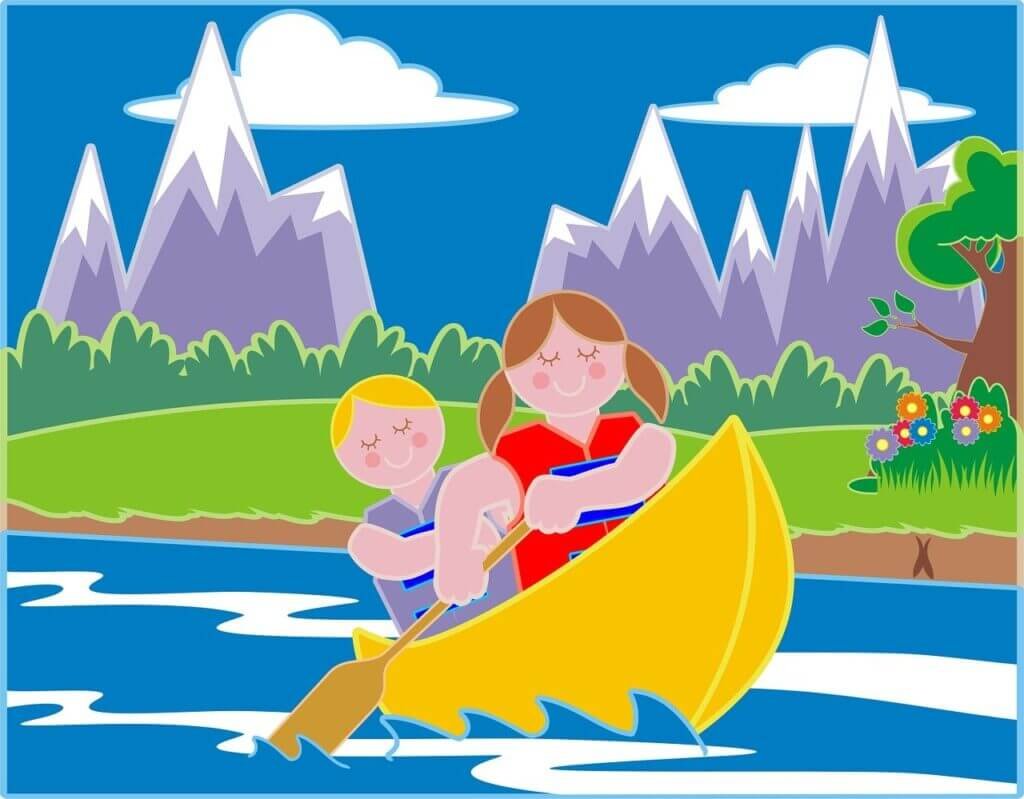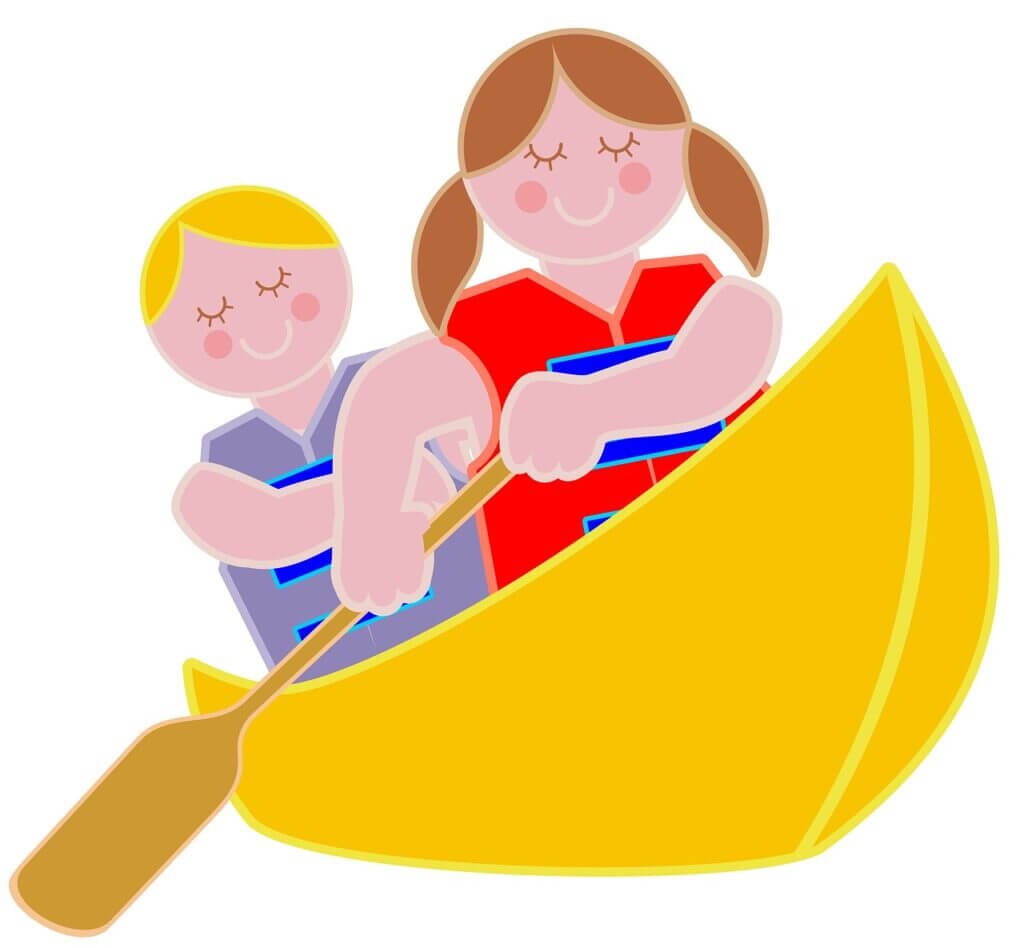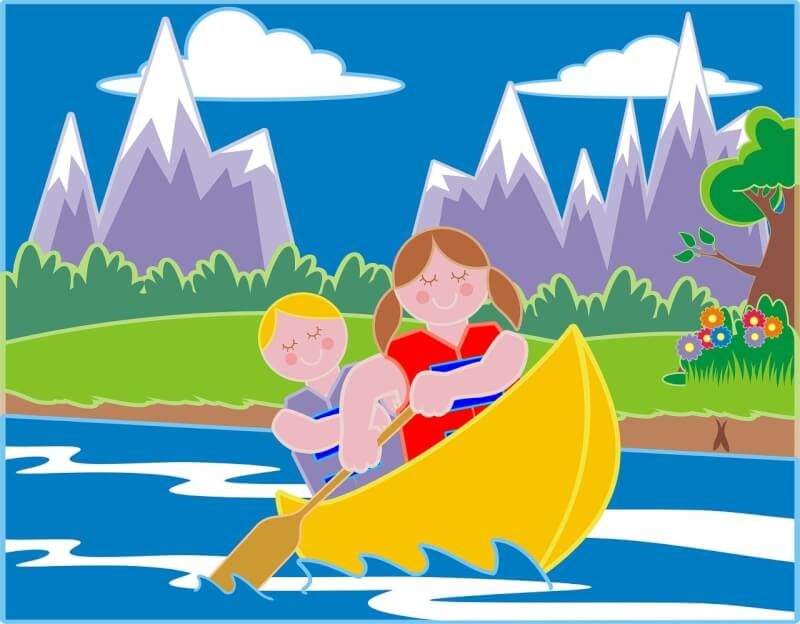Imagine waking up to the soothing sound of gentle waves lapping against the shore, as the sun peeks over the horizon, painting the sky in vivid hues of orange and pink. Camping near water bodies like lakes and rivers can offer a serene and breathtaking experience, but it’s essential to consider a few factors before setting up your tent. From safety precautions to environmental impact, this article explores the necessary considerations for a memorable camping adventure near these picturesque natural wonders.

Choosing the Right Location
Research the Area
When choosing a location for your camping trip near a water body like a lake or river, it is important to do thorough research on the area. Look up information about the specific lake or river you are considering, including any rules or regulations that may be in place. Consider factors such as the size of the body of water, the surrounding landscape, and any nearby amenities or activities that may be of interest to you.
Consider Accessibility
Accessibility is another important factor to consider when choosing a camping location near a water body. Ask yourself how easily you can reach the camping spot and if there are any obstacles or challenges you might encounter along the way. Take into consideration whether the area has proper roads or trails that can accommodate your vehicle, camping equipment, and any additional gear you may have.
Evaluate Safety
Safety should always be a top priority when camping near water bodies. Before finalizing your camping spot, take the time to evaluate the safety of the location. Consider factors such as the presence of strong currents, steep banks, or slippery rocks near the water. It is also important to check for any potential hazards such as wildlife or insects that may be prevalent in the area.
Check for Local Regulations
Before setting up your camping spot near a lake or river, be sure to check for any local regulations that may apply. Different areas may have specific rules regarding camping, fishing, or boating near water bodies. By familiarizing yourself with these regulations beforehand, you can ensure that you are complying with any restrictions in place and have a hassle-free camping experience.
Water Source
Proximity and Accessibility
One of the key considerations when camping near a water body is the proximity and accessibility of the water source. Make sure that the water source, whether it is a lake or a river, is located within a reasonable distance from your camping spot. Having easy access to water will ensure that you can conveniently meet your hydration and cooking needs throughout your camping trip.
Water Purity
When camping near water bodies, it is crucial to consider the purity of the water source. While lakes and rivers may appear clean and inviting, they can still contain harmful bacteria or pollutants. Invest in a good water filtration or purification system to ensure that the water you consume is safe. Additionally, if you plan on swimming or engaging in water activities, check for any local advisories regarding water quality.
Availability for Activities
Consider the potential activities you plan to engage in while camping near the water body. If you enjoy fishing or boating, ensure that the location you choose allows for these activities and that the water conditions are suitable. Some areas may have fishing or boating restrictions, so be sure to check local regulations and obtain any necessary licenses or permits.
Wildlife
Identify Common Wildlife
Camping near water bodies often means being in close proximity to various wildlife species. Take the time to research and identify the common wildlife that inhabits the area you plan to camp in. This knowledge will help you prepare for potential encounters and understand any safety precautions you may need to take.
Prevent Wildlife Encounters
While wildlife encounters can be exciting, it is essential to ensure your safety and the well-being of the animals. Store your food securely in bear-resistant containers to prevent attracting wildlife to your campsite. Follow proper food storage and disposal practices, including packing out any trash. Keep a safe distance from wildlife and never feed or approach them, as this can be harmful to both you and the animals.
Food Storage and Disposal
Proper food storage and disposal are critical when camping near water bodies. Keep all food items in sealed containers or coolers to prevent attracting wildlife. Dispose of any food waste properly by following the Leave No Trace principles. This includes packing out all trash and using designated waste disposal areas, if available, to minimize the impact on the environment and wildlife.

Weather and Climate
Check for Seasonal Conditions
Before embarking on your camping trip near a water body, make sure to check the seasonal conditions of the area. Different seasons can bring varying temperatures, precipitation levels, and even potential hazards like storms or flooding. Understanding the seasonal patterns will help you pack appropriate clothing and gear, and be better prepared for the weather conditions you may encounter.
Be Prepared for Rain
Water bodies like lakes and rivers are often located in areas that receive a significant amount of rainfall. Even if the weather forecast is sunny, it is always a good idea to be prepared for rain. Pack waterproof gear such as raincoats, tarps, and waterproof tents to ensure that you stay dry and comfortable during your camping trip.
Consider Wind Exposure
Camping near water bodies can also mean being exposed to strong winds. Take into account the wind patterns in the area you plan to camp in and choose a sheltered spot if possible. Ensure that your tent and any other structures are securely anchored to withstand gusty winds. Bringing along windbreakers or setting up wind screens can also help create a more comfortable camping environment.
Plan for Extreme Temperatures
Depending on the location and time of year, camping near water bodies can expose you to extreme temperatures. In colder seasons, be prepared for chilly nights and pack appropriate cold-weather gear such as insulated sleeping bags and warm clothing layers. In hotter seasons, bring lightweight and breathable fabrics to stay cool, as well as sunscreen and hats to protect yourself from the sun’s rays.
Terrain and Ground
Level and Stability
When choosing a camping spot near a water body, consider the terrain and ground conditions. Look for a level and stable area where you can set up your tent and campsite comfortably. Avoid sloping or uneven ground, as this can lead to discomfort during sleep and potential hazards.
Avoid Flood Zones
Water bodies like lakes and rivers are prone to flooding, especially during heavy rain or rapidly melting snow. To ensure your safety, avoid setting up your campsite in low-lying areas that are susceptible to flooding. Keep an eye out for signs of past flooding, such as debris lines or eroded banks, and choose higher ground for your camping spot.
Consider Soil Type
The type of soil in the camping area can affect your camping experience. Sandy soils, for example, may be softer and more prone to shifting underfoot, while rocky soils can be uncomfortable for sleeping or setting up tents. Take the time to assess the soil type and choose a location that offers a suitable surface for your needs.
Find Suitable Tent Pads
Creating suitable tent pads is important when camping near water bodies. Look for areas with natural durable surfaces, such as compacted soil or rocks, to minimize the impact on the environment. Avoid trampling vegetation and set up your tents on designated tent pads if available. This will help preserve the natural landscape and ensure a more comfortable camping experience.
Campfire Safety
Check Local Regulations
Campfires can enhance the camping experience near water bodies, but it is crucial to check local regulations regarding campfire use. Some areas may have fire restrictions or even prohibit campfires altogether due to safety concerns. Research the specific rules and regulations for the area you plan to camp in to ensure you are compliant and to prevent accidents or damage to the environment.
Know Fire Restrictions
Before starting a campfire near a water body, make sure you are aware of any fire restrictions that may be in place. Check if a fire ban or restrictions have been issued due to dry conditions or high fire risk. Familiarize yourself with the proper methods of extinguishing a campfire and always fully extinguish it before leaving your campsite or going to sleep.
Use Fire Rings or Pits
If campfires are allowed, utilize established fire rings or pits whenever possible. These designated areas are specifically designed to contain the fire and minimize the risk of it spreading. Using fire rings or pits helps protect the surrounding vegetation and prevent accidental wildfires that could cause damage to the environment.
Keep Fire Safety Equipment
When camping near water bodies and using a campfire, it is important to have fire safety equipment readily available. Keep a bucket of water, a shovel, and a fire extinguisher near your campsite. These tools can be used to control and extinguish the fire if necessary, ensuring the safety of yourself and the surrounding area.
Privacy and Noise
Distance from Other Campers
The level of privacy you desire in your camping experience may vary. If you prefer a more secluded and tranquil experience, consider choosing a camping spot near a water body that offers a good distance from other campers. This will help ensure that you have the privacy and peace you desire during your camping trip.
Consider Local Activities
When choosing a location near a water body, consider any local activities or attractions that may impact the level of noise and activity in the area. Some lakes or rivers may be popular for boating, fishing, or water sports, which can result in increased noise and activity. If you prefer a quieter camping experience, research the area beforehand to choose a spot that aligns with your preferences.
Avoid Noisy Areas
If you value peace and quiet during your camping trip near a water body, it is important to avoid camping near noisy areas. This could include spots close to boat ramps or areas with heavy boat traffic. Scout the area and choose a location that is away from potential noise sources to ensure a more serene and enjoyable camping experience.
Sanitation Facilities
Availability of Restrooms
When camping near water bodies, consider the availability of restroom facilities. Some camping areas near lakes and rivers may have designated restrooms or portable toilet facilities. Access to restrooms can add convenience and comfort to your camping trip, especially if you prefer the amenities of modern sanitation.
Consider Portable Toilets
If the camping area lacks proper restroom facilities, consider bringing a portable toilet or camping toilet. Portable toilets are self-contained units that can be set up in your campsite and provide a more hygienic and convenient option for bathroom needs. Ensure that you properly dispose of waste from portable toilets and follow any local regulations for waste disposal.
Dispose of Waste Properly
Proper waste disposal is essential when camping near water bodies to protect the environment and prevent contamination. Follow the principles of Leave No Trace and pack out all trash and waste, including any toilet paper or hygiene products. Dispose of waste in designated waste receptacles or manage it responsibly according to local regulations to minimize the impact on the natural surroundings.
Water Activities
Check Boating Regulations
If you plan to engage in boating activities during your camping trip near a water body, it is crucial to check for any boating regulations that may be in place. Different areas may have specific rules regarding boat sizes, speed limits, or required safety equipment. Familiarize yourself with these regulations to ensure a safe and compliant boating experience.
Fishing Licenses and Permits
If you enjoy fishing, make sure you have the necessary fishing licenses and permits required for the specific water body you plan to fish in. Different lakes and rivers may have different regulations in place, including catch limits and species restrictions. Ensure that you are aware of these regulations and abide by them to protect the fish populations and maintain a sustainable fishing environment.
Water Sports Safety
Engaging in water sports near lakes or rivers can be thrilling, but it is crucial to prioritize safety. If you plan on activities such as kayaking, paddleboarding, or tubing, ensure you have the necessary safety equipment, including life jackets. Be aware of any potential hazards in the water, such as strong currents or hidden obstacles, and take proper precautions to stay safe.
Swimming and Water Quality
Before diving into the water for a swim, it is essential to consider the water quality and potential risks. While many lakes and rivers offer safe swimming conditions, it is advisable to check for any local advisories or warnings regarding water quality. Be cautious of any potential hazards, such as strong currents or underwater debris, and only swim in designated swimming areas whenever possible.
Leave No Trace Principles
Pack In, Pack Out
One of the fundamental principles of Leave No Trace is to pack in everything you bring and pack out all your trash. This includes food waste, packaging, and any other garbage generated during your camping trip. By taking responsibility for your own waste, you help protect the natural environment and ensure that future campers can enjoy the beauty of the water body.
Minimize Campfire Impact
When building and enjoying a campfire near a water body, it is essential to minimize the impact on the surrounding area. Use existing fire rings or pits whenever possible and avoid creating new ones. Keep the fire small and use only dead and downed wood for fuel. After extinguishing the fire, make sure to scatter the ashes and restore the area to its natural state.
Respect Wildlife
Respecting wildlife is crucial when camping near water bodies. Admire wildlife from a safe distance and never approach or feed them. Keep your food secure in bear-resistant containers or hung from trees to reduce the risk of attracting wildlife to your campsite. By respecting and observing wildlife from afar, you contribute to their well-being and help maintain their natural behaviors.
Stay on Designated Trails
When exploring the area around the water body, stick to designated trails and paths whenever possible. Straying off the designated paths can lead to soil erosion, damage to vegetation, and disturbance to wildlife habitats. By staying on designated trails, you minimize your impact on the environment and help preserve the natural beauty of the area.
By considering these factors and following the outlined recommendations, you can choose an ideal camping location near water bodies like lakes and rivers. Remember to prioritize safety, respect for the environment, and consideration for fellow campers to ensure a memorable and enjoyable camping experience. Happy camping!


